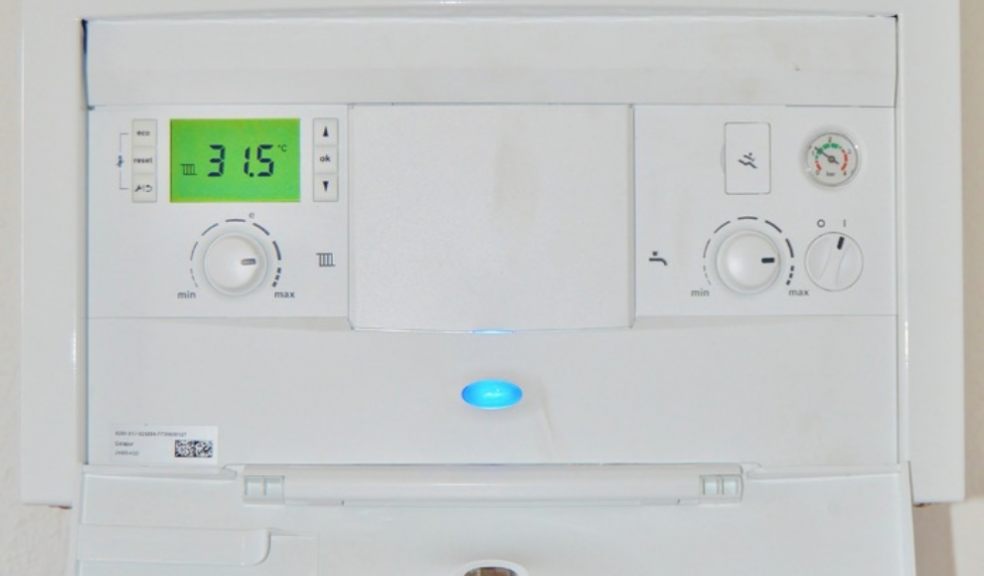
6 tips for preparing a boiler for winter
As winter draws near, it is essential to make sure that your home will remain comfortably toasty, and this involves checking to see that your boiler is ready to handle the cold.
Boilers are called upon to do the most work when the temperatures drop, so it is critical that they are in proper working order so that they do not suffer a breakdown when you truly need them. There is nothing worse than having a boiler failure during an especially harsh cold snap.
You may be wondering what proactive things you can do in order to rest assured that your boiler is in top shape for the coming onslaught of cold. The following paragraphs will provide the insight you need.
1. Get A Feel For How Boilers Operate
Having a basic understanding of the way boilers work can help you generate savings of both money and time. Make sure you read the manual that came with your home's boiler and internalize the instructions it provides. Therefore, whenever something goes awry, you will be armed with the knowledge you need prior to contacting a professional.
2. Examine The Radiators
Running a radiator check ahead of the cold season is a great way to see if they are working properly before they are truly needed. Bleeding radiators on a routine schedule helps release trapped air. Have your radiators power flushed on a regular basis. This eliminates accumulated dirt, sludge, and dust that can cause clogs and impair function.
3. Schedule Boiler Services
Regular service for your boilers is extremely important. Our team can provide annual maintenance services in which we will examine the condition of your unit and perform any needed repairs. Boiler service is a terrific way to address problems before they become larger ones ahead of the season when efficient function is needed most. An inspection may mean you need a new boiler and if you do then you can read more about the process here - https://www.glasgowgasengineer.co.uk/boiler-installation.html
4. Have Pipes Insulated
Pipes bursting is among the most problematic issues seen during the winter months. Because water will expand when frozen, this can lead to broken pipes. Having proper levels of insulation in your pipes can stop this from occurring and save you the hassle and expense of an unexpected flood. DIY home improvement stores sell the type of insulation necessary, and taking this extra step can save you major headaches down the road.
5. Install A Carbon Monoxide Detector
There is no substitute for having a functioning carbon monoxide detector. If you notice that your boiler is generating carbon monoxide, the results can be very serious and perhaps even fatal. Carbon monoxide can sometimes go undetected because it has no taste or smell, and thus installing a detector and alarm is extremely critical, especially during the winter when boilers run almost constantly.
6. Be On Alert For Trouble
Remain vigilant about potential problems or warning signs that suggest boiler issues. Soot marks, unusual noises, and cracks that are visible to the eye are a few of the hallmarks of boiler problems. Whenever you notice one or more of these concerns, it may well be time to get in touch with a professional




















